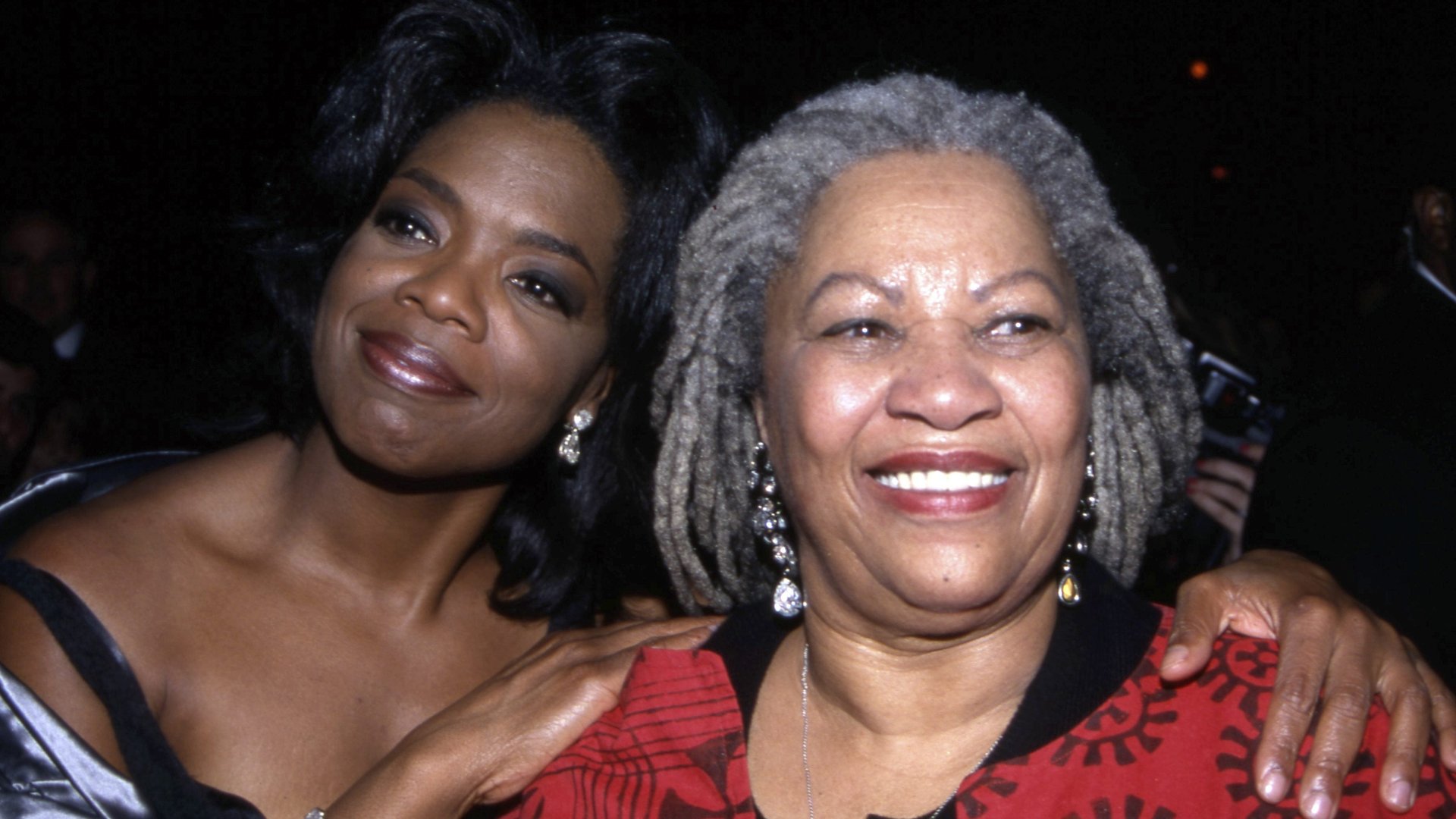Why Oprah Winfrey wanted Toni Morrison on America’s bookshelves
If Oprah Winfrey could persuade the entire US to read Toni Morrison’s novel The Bluest Eye, she said on-air in 2000, she would be ready to retire. “I feel like I would have done my job,” she said. “If you don’t like this book, then I don’t have nothing else to say to you. You will like this book. OK? I love this book.”


If Oprah Winfrey could persuade the entire US to read Toni Morrison’s novel The Bluest Eye, she said on-air in 2000, she would be ready to retire. “I feel like I would have done my job,” she said. “If you don’t like this book, then I don’t have nothing else to say to you. You will like this book. OK? I love this book.”
People did indeed love the book—and they bought it and bought it and bought it, with the Oprah Book Club sticker serving as a seal of approval. This really was one of Oprah’s favorite things.
Morrison, who died today at 88, has a better claim than most to being Winfrey’s favorite writer of all time. Over 14 years of Oprah’s Book Club, Winfrey gave the nod to four of Morrison’s books—more than any other writer. The author appeared on her TV show to read these works three times.
These turns in the spotlight gave Morrison a far bigger sales boost even than the Nobel Prize that she’d won three years earlier, boosting her into mainstream popularity among black and white audiences alike. Paradise, one of Morrison’s less-accessible works, became a number-one bestseller even as the episode featuring it had the lowest rating for any of Oprah’s Book Club shows. The show’s production team would call bookstores ahead of time to help them prepare for an onslaught of voracious readers, who would push even quite niche works to the top of the bestseller lists.
Repeated featuring of Morrison’s work achieved two things. It flew in the face of critiques that dismissed the book club as focusing on sentimental fluff over such “classics” as Ulysses or Gravity’s Rainbow, and it helped usher in a whole new genre in the process. In 1994, Morrison had told a New York Times interviewer, wonderingly: “There is now such a thing as popular black women’s literature. Popular!” Winfrey took it, and sent it into the stratosphere.
Before the Winfrey nod, Morrison was a well-established member of the American literati—a faculty member at Princeton and frequent feature of black studies reading lists, honored with a selection of the most high-brow of prizes. But she was not known for having success in terms of sales. The Bluest Eye, for instance, had sold just 2,000 copies on its first print run. After being featured by Oprah’s Book Club, however, it sold some 800,000 paperback copies.
As a publishing house editor, Morrison had struggled to champion books by black women, battling concerns that their work would fail to have wide appeal. The sales figures for Oprah’s Book Club said otherwise.
For Winfrey herself, of course, the chance to get the world reading Morrison was reward enough. It was so very exciting, she said, to see these beloved titles prominently displayed on the shelves of every Borders in the US. She described the feeling in terms of redemption, and potential: “It will change the world if everyone reads this book.”